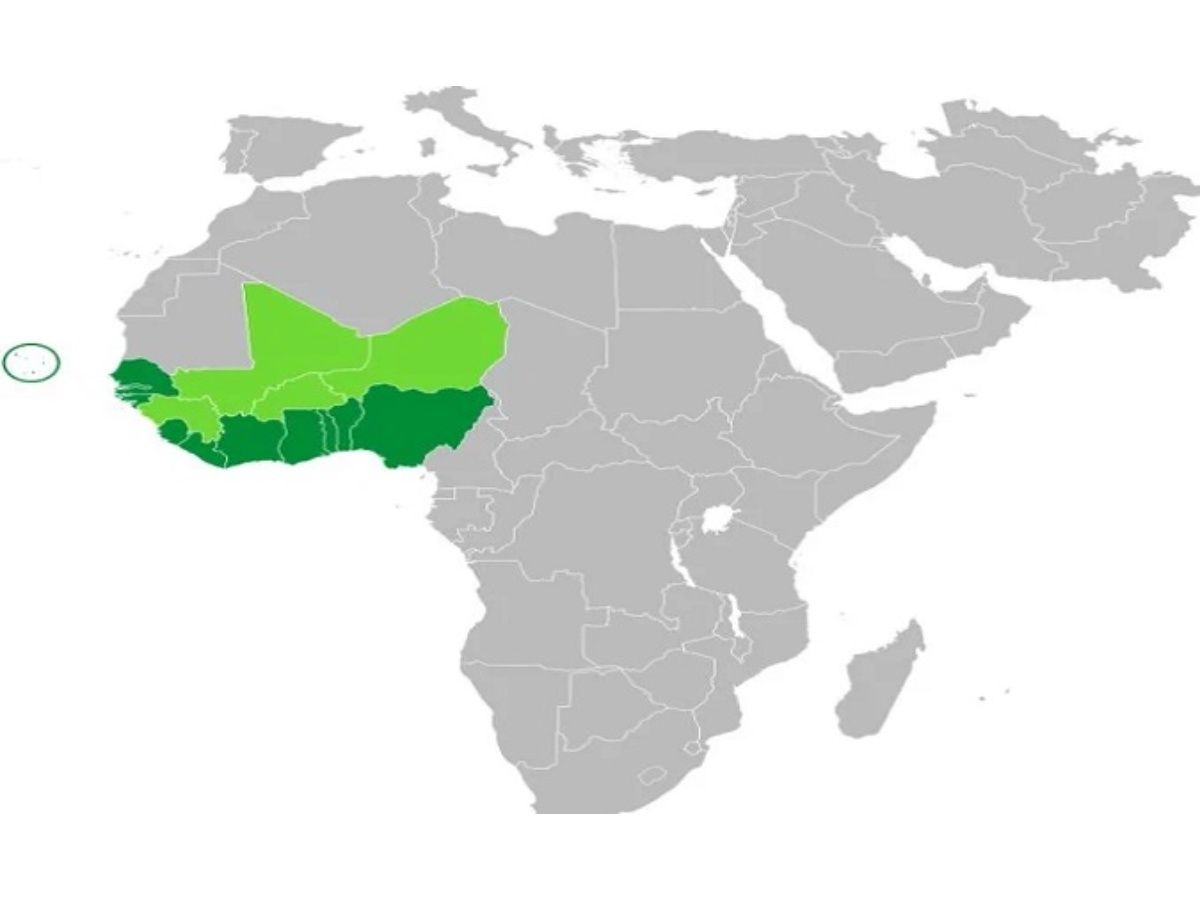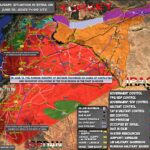
It is likely that the military coup in Niger will put the Sahel region in the face of new storms of turmoil, especially since Niger is mediating hotbeds of crises, the most violent of which is the war raging in Sudan between the army and the Rapid Support Forces (RSF), in addition to the Libyan crisis, the crisis situation in Chad, and the turbulent situations in both Burkina Faso and Mali.
Related:
France to Defend Its Companies and Interests in Niger
The country has been living in a complex security situation for more than a decade as a result of the permanent presence of armed groups, some of which are affiliated with Al-Qaeda, and others affiliated with the State organization.
During the announcement of General Amadou Abderrahman of the overthrow of France’s favorite ally in the Sahel region, President Mohamed Bazoum, it was clear the coup was implemented by high ranks of the army and national security members.
The detention of the overthrown president, Muhammad Bazoum, was at the hands of the presidential guard. According to analysts, this indicates that the army, gendarmerie, and police joined the coup and harmonized with him. It is a clear consensus on the part of all military wires for the coup.
In a joint press release, Burkina Faso and Mali express their solidarity with Niger and warn that any military intervention against the country will be tantamount to a declaration of war between Burkina Faso and Mali .
Almost immediately after the joint statement, Guinea joins… pic.twitter.com/DZrzUkwXTF
— Spriter Team (@SpriterTeam)
July 31, 2023
Niger, like many other African country, is poverty-stricken: poor but rich in uranium. It is a landlocked country that lies in the Sahel, the arid region south of the Sahara that has faced growing insecurity amid the worsening effects of climate change.
It enjoys special foreign interest due to the raw materials under its soil, the most important one is uranium. Niger is one of the most prominent global exporters of this valuable material.
At the political arena there has been a chronic struggle within the ruling party in Niger, that is, the Nigerien Party for Democracy and Socialism (PNDS-Tarayya), which the former president, Mahamadou Issoufou, remained in control of even after his departure from power and the election of his predecessor, Muhammad Bazoum. Issoufou continued his power and reduced the role of the overthrown president, Muhammad Bazoum. It has then become clear to observers that Issoufou controls the party’s apparatus, in addition to the loyalty of a number of high-ranking officers in the army who remained aligned to him, making up his strong ethnic power too.
Observers of the situation in Niger believe that there is a silent conflict that has been interacting between the former president, Issoufou, his predecessor, his foreign minister, and his comrade in politics, the ousted president, Bazoum. This appears in the fact that as soon as President Bazoum began to appoint political and military leaders loyal to him to high positions, whether in state agencies or in the military establishment, the rebellion against him started and the thought of overthrowing him began to take shape.
It is worth mentioning that the campaign manager of the overthrown president, Mohamed Bazoum, was none other than Sani Issoufou Mohamedou, son of the former president, Mohamedou Issoufou. This silent struggle for influence between a new president who wants to surround himself with his loyal personalities, and his ally, rival and predecessor who wants to keep his influence by holding control of various agencies have been the issues of the press in Niger over the past two years. Evidence for this is that Major General Salvo Modi, who may have the most important role in overthrowing President Bazoum, is considered one of the closest to the former president, Muhammadu Issoufou. He was even the commander of the Presidential Guard during the era of Issoufou. The dismissal of this officer and his appointment as ambassador to Abu Dhabi was only one of the reasons that precipitated the overthrow of President Bazoum.
Then we have the issue of ethnic disputes. Some analysts argue that the overthrown president, Barzim, who is from the Awlad Suleiman Arab tribe, which is few but influential due to wealth and presence in public affairs, does not have striking popular incubators, unlike his predecessor. Essofou belongs to the Hausa, who estimates to constitute more than 60% of the population. The members of the military council that overthrew Bazoum are all of the Hausa ethnicity. The general conviction of civil and military Hausa elite is that they are the ones who brought Muhammad Bazoum to power. They believe that had it not been for their constituents, he would not have been able to occupy the highest leadership position in the country. Therefore, they consider that most of the benefits and important jobs should remain in their hands.
There is no doubt that opinions and analyzes in social media platforms in Niger, which may sometimes come to be racist rhetoric, indicate that Bazoum has recently excluded the Hausa ethnicity, replacing it with elements of Arab and other ethnicities. This has been achieved with the aim to have these elements as his supporters on which it relies in the future.
On the other hand, social media platforms affiliated with Arab groups in Chad, Libya and Sudan reflected a kind of sympathy to and with President Bazoum.
This panorama in the Sahel region, reflects the historical background of exclusion, racism and sense of superiority from Arab tribes towards the African ones.
La junta militar golpista en Níger ha acusado este lunes a Francia de buscar “las vías y medios para intervenir militarmente” en el país africano para liberar al presidente depuesto Mohamed Bazoum, retenido desde el pasado miércoles por los militares.
From the external point of view, the situation in Niger also indicates the interest of the West in Africa, especially France. The European colonizer have huge business and companies in Niger. For this reason, it tries its best to get control of the political and economic situation.
The coup military junta in Niger accused France on Monday of seeking “ways and means to intervene militarily” in the African country to free deposed president Mohamed Bazoum, held since last Wednesday by the military.
In a statement read by Colonel Amadou Abdramane on public television, the military – organized in the National Council for the Safeguarding of the People (CNSP) – stressed that France is preparing its action “with the complicity” of some Nigeriens after a meeting in the General Staff of the National Guard
On Sunday, July 30, hundreds of people gathered to protest in front of the French Embassy in Niamey against the French presence in the country. The multitude tried to enter by force in the diplomatic headquarters.



